As humanity sets its sights on Mars and beyond, scientists are delving into one of the most critical yet often overlooked aspects of space travel: the health of astronauts’ microbiomes. Astro microbiology scientists at the Laboratory for Space Research at The University of Hong Kong (HKU) are shedding light on how the unique conditions of space affect the trillions of microorganisms living in and on the human body. These findings underscore the necessity of preparing the human microbiome for the rigors of space flight.
The human microbiome, consisting of microbes in the gut, skin, and mucous membranes, plays a vital role in digestion, immunity, and overall health. However, the space environment — characterized by microgravity, ionizing radiation, and a raft of environmental changes — can disrupt this delicate balance, potentially leading to serious health consequences for astronauts.
“Space exploration is a complex and risky mission that requires careful preparation and a thorough understanding of the challenges inherent to life in space,” study authors say in a media release, pointing out the critical nature of microbiome research for the success of long-term missions.
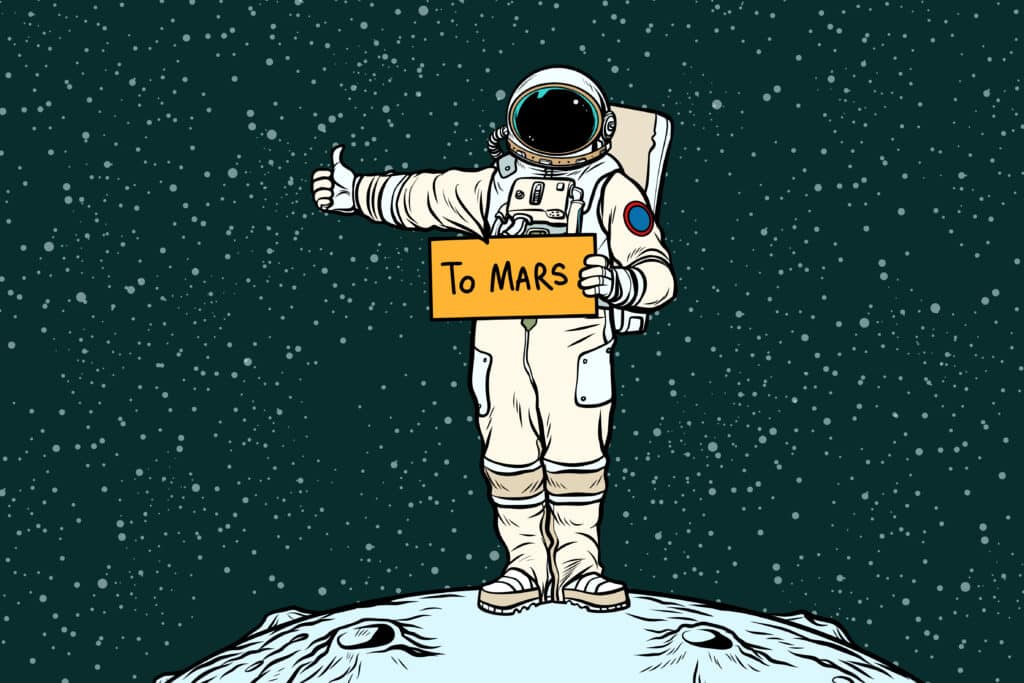
Preparing the Microbiome for Space
Astro microbiology, the study of microorganisms in outer space, focuses on the effects of microbial persistence in closed systems like spacecraft and habitats. It also explores the potential for space agriculture and the extraction of microbial secondary metabolites for medicinal, flavoring, and nutritional purposes. With space radiation posing a significant health risk due to its intensity and potential to induce antibiotic resistance among microorganisms, understanding and mitigating its effects on the human microbiome is paramount.
The research team’s work involves scrutinizing the microbiome’s adaptation to space conditions, aiming to devise strategies to support astronaut health during missions and upon return to Earth. This includes examining how microgravity, radiation, and dietary changes impact microbiome composition and diversity, which in turn affects astronauts’ health.
Fending Off Pathogens in Space
A major concern outlined in the research is the impact of space travel on the immune system. The microbiome is integral to immune function, and disruptions caused by space travel could increase susceptibility to infections. The study aims to understand these interactions better to develop preventative strategies against health issues during long-duration missions.
The unique conditions of space also present opportunities to discover new microorganisms with potential applications in drug development, antimicrobial agents, and biotechnology. However, the risk of pathogenic microorganisms spreading in the confined environment of a spacecraft poses a significant challenge. In the study, researchers highlight the need for comprehensive strategies to manage these risks, including addressing the spread of antibiotic resistance genes and ensuring the well-being of astronauts with compromised immune systems.
Neglecting astro microbiological concerns, the researchers warn, could significantly reduce the likelihood of mission success.
“Potential pathogen release poses immediate health risks to astronauts, compromising their immune systems and task performance,” researchers say. “Furthermore, the spread of antibiotic resistance genes could undermine medical interventions, exacerbating health challenges during the mission. Addressing these concerns is crucial for mission success and astronaut well-being.”
The study is published in the journal Frontiers in Microbiology.
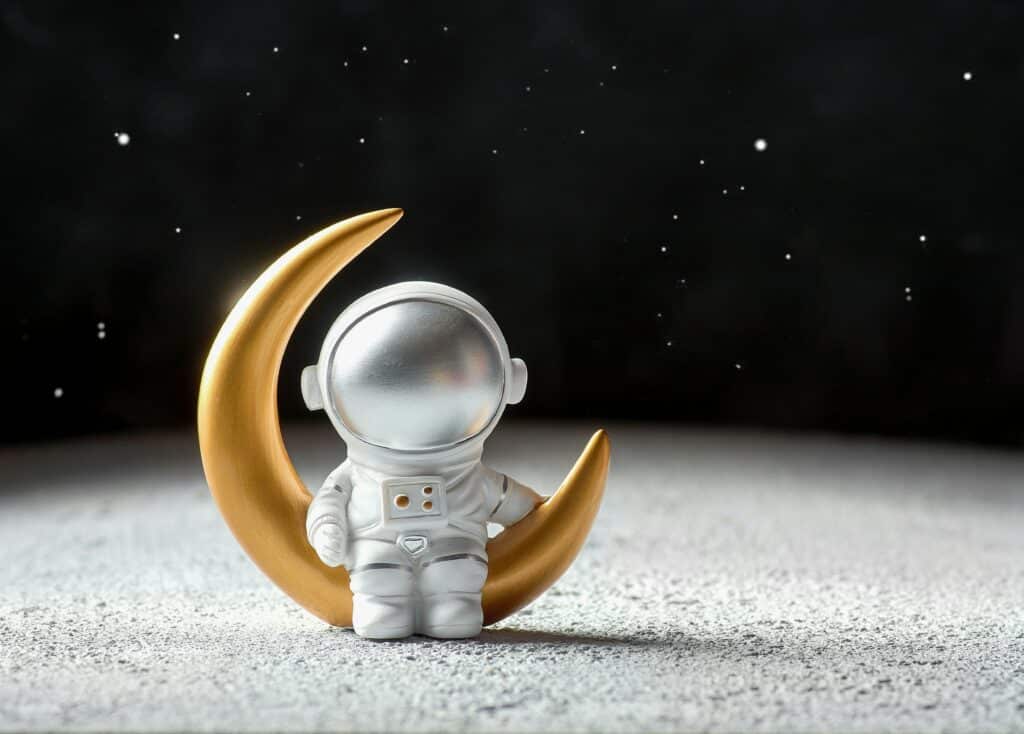
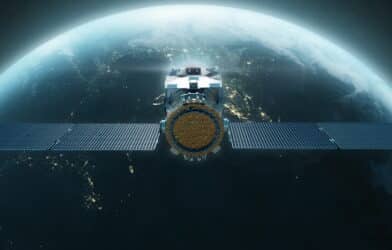
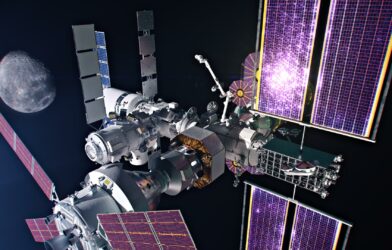
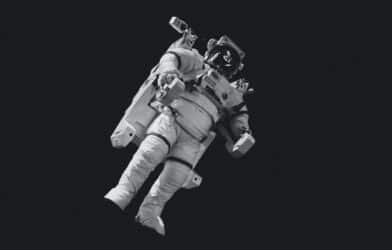
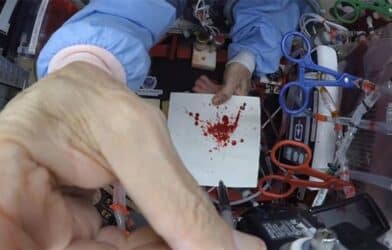
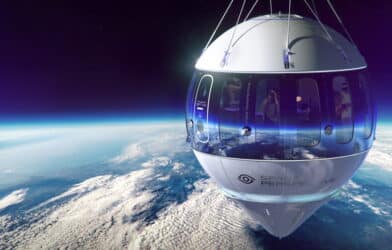
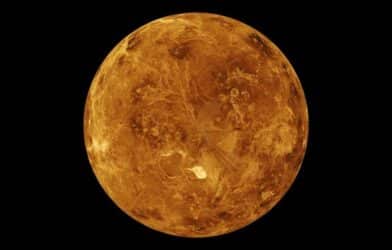
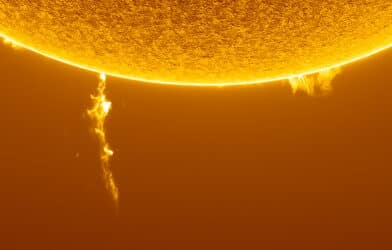
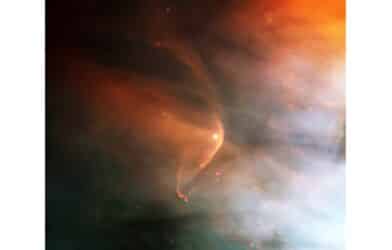
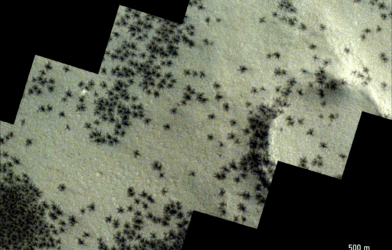

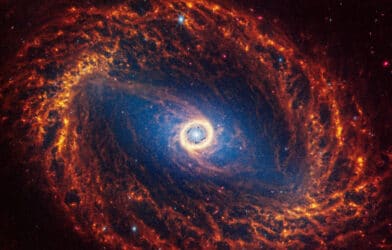
Comments